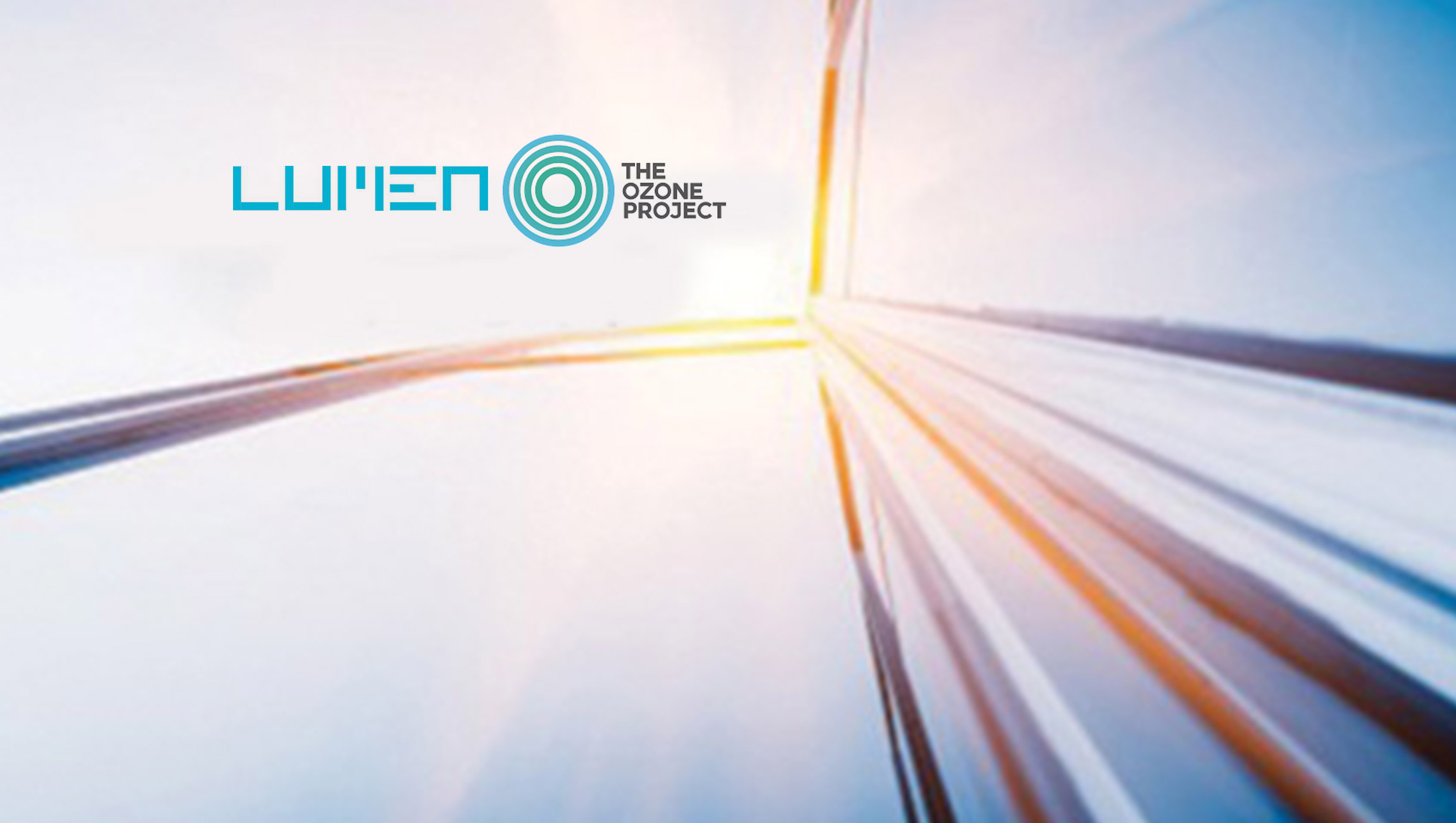Latest analysis by Lumen Research highlights significantly more attention to ads on premium publisher websites
The Ozone Project, the UK’s leading high attention digital advertising platform, has released the new findings of a study by attention technology company Lumen Research, that quantifies the impact of quality publisher content on display and video advertising running on Ozone websites.
Marketing Technology News: MarTech Interview with Mike Billingsley, Group CEO, OnePulse
Overall, the study highlighted that, on average, display advertising across the Ozone portfolio receives +51% more attention than display advertising on other sites across the web. The impact on video advertising was even more significant, with video ads across Ozone’s publishers attracting +111% more attention than equivalent formats on other websites, and even +140% more attention than video ads on social channels.
A core part of the analysis was to identify the key drivers of this heightened attention for digital advertising on Ozone sites, with the three most significant being highlighted as:
- Rich content with slower scroll speeds drives advertising attention: on average the scroll speed was 55 pixels per second for Ozone sites versus 63 for other sites, and 79 for social feeds
- Larger ads tend to get more attention than smaller ads: Ozone delivers larger ads on desktop that receive more attention, while on mobile social platforms tend to have larger formats but Ozone is way more efficient at converting ad space into attention
- Fewer, better ads receive more attention: the best results are obtained when only one ad is on the screen at a time – on mobile, this happens 90% of the time for Ozone domains versus 76% of the time on other websites.
Marketing Technology News: As Pandemic Relief Programs Expire, Initial Consumer Concern on the Horizon
Lumen’s award-winning dataset is derived from a fully consented eye tracking panel across both desktop and mobile. The consistent measurement applied across all analysis is the ‘attentive seconds per thousand impressions’ score – a measure that combines impressions that reach the screen with those that are technically viewable, those that were actually viewed, and how long those were actually viewed for.
Craig Tuck, Chief Revenue Officer of The Ozone Project said, “Since Ozone’s launch we’ve been incredibly confident of the ability of premium publisher websites to deliver better results for our clients’ advertising. While we’ve seen clear evidence of this in the campaigns that we have run to date, Lumen’s analysis takes this a step further and highlights what we’ve intuitively believed for years – that great quality content engages the reader more, which ultimately means more attention for clients’ advertising. In addition, given our focus on our Premium Only Video solutions over the past year, it’s great to see this study highlight Ozone’s video ads receiving more than twice the attention of equivalent formats on other websites or social channels – that certainly got my attention.”
Mike Follett, Managing Director of Lumen said, “High quality journalism drives deep engagement with the content, which in turn drives high levels of attention to the accompanying ads. Advertisers often say that they are in the business of ‘buying eyeballs’. In that case, they should look at the quality of those ‘eyeballs’ as well as the quantity.”
Marketing Technology News: Cloudinary Enhances Product Portfolio with Several Key Updates











